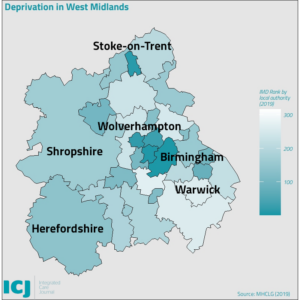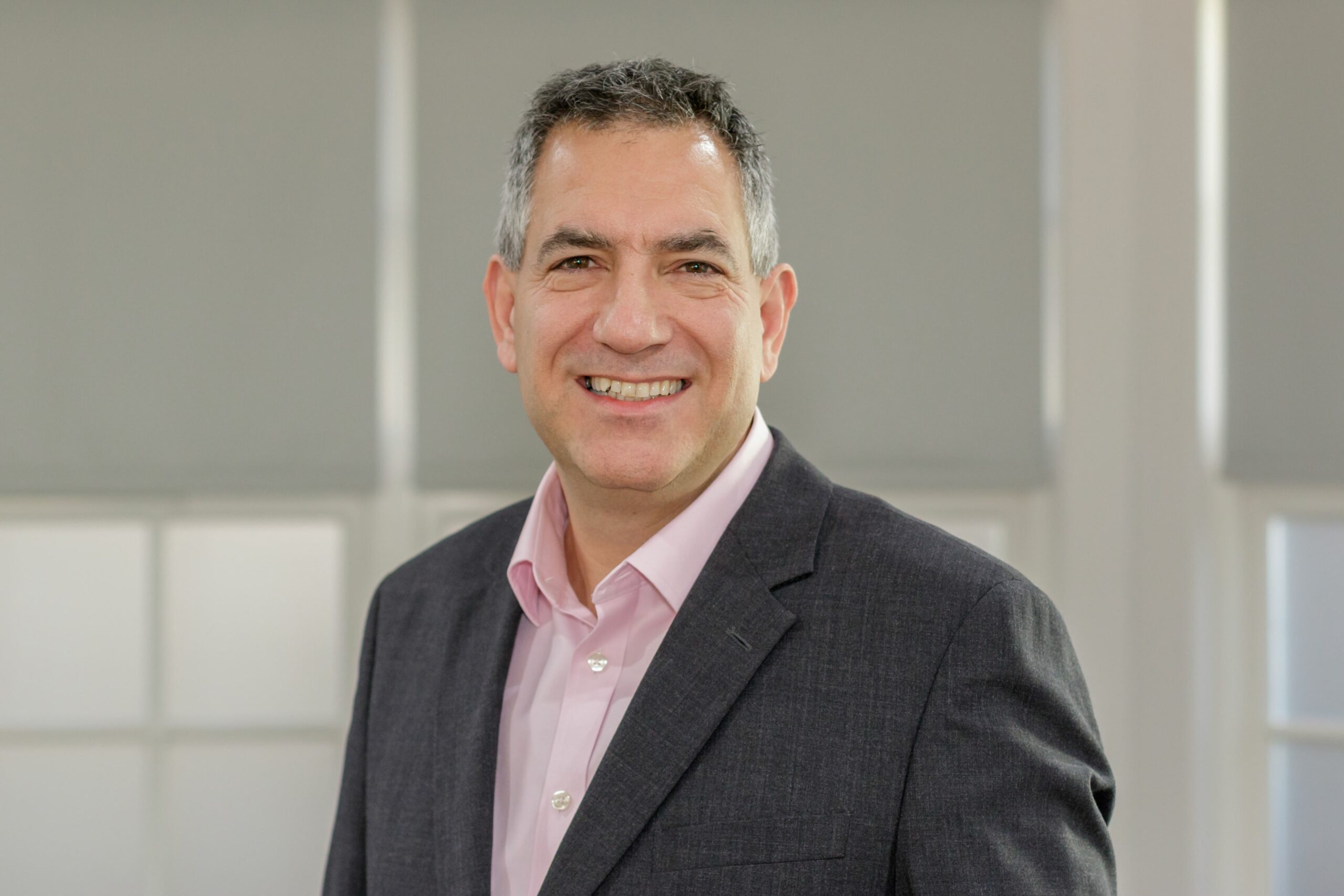Provider collaboratives represent an opportunity to transform health and care delivery while driving improvements in patient outcomes and lived experience. This supports the ambitions set out in the policy paper: Integrating care: next steps to building strong and effective integrated care systems across England.
Provider collaboratives are one of the cornerstones of the English health and care landscape.
As of July 2022, provider collaboratives are mandatory for all NHS trusts providing acute and mental health services. Many NHS community and ambulance trusts have also been offered the opportunity to take part and non-NHS providers may also be included where this will benefit patients and makes sense for the providers.
NHS England defines a provider collaborative as partnership arrangements involving at least two trusts working at scale across multiple places. Provider collaboratives represent a move away from competition to one of cooperation and collaboration – underpinned by the duty to collaborate in the Health and Care Act 2022 (the Act).
In summer 2021, NHS England published guidance to formalise the move to collaborative working, which sets out some minimum expectations for how providers should work together at scale in provider collaboratives. A supplementary toolkit provides further support on setting up collaboratives, including potential governance models.
Mills & Reeve share insights from their learning and experience of working with provider collaboratives up and down the country on what makes a successful collaborative – the honeymoon period can fade fairly quickly as you get down to the difficult issues.
Mills & Reeve have prepared 10 FAQs as a guide to the process of forming a collaborative.
1. Choose your partners carefully: who should you partner with?
The first step for providers is to work out who will form the collaborative. This will often depend on the purpose of the collaborative.
For example, ‘horizontal’ collaboratives usually bring together providers that offer similar services (e.g., acute hospitals or mental health services) whereas ‘vertical’ collaboratives tend to involve organisations that provide different services (eg, collaboratives bringing together primary care, community, local acute, mental health and social care providers).
Often existing relationships will make for a good partnership as you will have a shared history of other joint working or partnering.
There is no ‘one size fits all’ and providers should come together in provider collaboratives in ways which make sense to achieve benefits of scale, provide resilience and deliver system priorities.
Providers will also need to bear in mind how different types of provider organisation operate and take this into account when deciding how they will be treated within the collaborative and how this might affect the contractual structure.
For example, independent sector (IS) organisations might be restricted by their banking covenants from underwriting another organisation’s risk. Providers should therefore be mindful of these differences and work together to develop equity within the collaborative. This means giving each provider what it needs in order to reach a place of equality within the collaborative, as each provider is not necessarily starting from the same position.
2. Objectives: Do we need to define our priorities early?
Providers will need to consider the overall aims and objectives of the collaborative. This means thinking about the reasons and incentives that organisations have to enter into the collaborative in the first place, their ultimate goals and what they are actually seeking to achieve together. Be clear about your objectives.
For example, is the collaborative a vehicle for contracting, or are the providers looking to create real change and improvements to the service for patients?
Providers will also need to work out how place and provider collaborative arrangements interface, especially given that ICBs will be able to delegate functions and budgets to both types of partnership arrangement. Provider collaboratives will need to both agree objectives with ICBs and align priorities with place-based partnerships, as well as develop a shared understanding of their respective roles.
3. Capacity and complexity: How will the various collaboratives work together?
Providers are likely to be part of multiple collaborative arrangements and/or alliances which will perform different functions and operate over a range of geographic footprints including neighbourhood, place, ICS and multi-ICS levels. The complexity and variety of different partnership models within any single system is likely to put pressure on already overloaded leadership teams, clinical services and operational teams.
We have supported providers to develop cross-organisational support functions to pool resources and expertise in order to overcome some of these issues.
4. Governance: Be clear and transparent on your governance model. What do you need to think about when deciding on your governance structure?
Providers need to be clear and transparent on their chosen governance model. So, providers will need to agree on the voting and decision-making structure of the collaborative, and consider questions like:
- Do all the providers have equal voting rights, or does the lead provider get more of a say?
- Must the majority vote also include the lead provider, or can the lead provider be bound by a decision it has not agreed to?
- In the event of deadlock, does the lead provider get the casting vote?
- What are the processes for existing providers to leave or new providers to join the collaborative, and how should this be agreed?
Where a lead provider model is adopted (see below) careful consideration must be given to the interaction between, and separation of, the lead provider’s dual role as both provider and commissioner.
For example, rather than reserving all commissioning decisions to the lead provider, it might be better if these are dealt with by the collaborative as a whole, or even by a separate team instructed by the collaborative. This is where a hybrid model might be useful (see below).
5. Model: Form follows function but which model suits best?
No one size fits all and NHS England’s guidance is clear that it is up the providers to decide which model will work best for them in the context of their ‘shared purpose and objectives’.
The following guiding principles should however underpin the chosen model:
- a shared vision and commitment to collaborate
- strong accountability mechanisms for members
- building on existing successful governance arrangements
- efficient decision-making
- embedding clinical and community voices
- streamlining ways of working
Popular governance models:
Lead provider:
Where a single provider holding a contract with a commissioner, sub-contracts with other providers in the collaborative to coordinate service delivery and improvement. This model was common with the mental health NHS-led provider collaboratives.
Shared leadership:
Where multiple providers appoint a single person (or group of people) to fulfil key leadership roles across the collaborative – particularly the chief executive role – while maintaining specific leadership capabilities for each provider within the group.
Provider leadership board:
Where senior leaders from participating providers establish a joint forum to shape a collaborative agenda. The joint forum may operate with delegated authority to take decisions for the providers.
These models are not mutually exclusive, and Mills & Reeve have worked with a number of collaboratives on hybrid models.
For example, a lead provider model could still involve shared decision making and include a leadership board, enabling the lead provider to be aligned equally with the other providers by use of a partnership agreement. In our experience, this can help to create a more open and collaborative environment where all providers feel they can contribute and participate on an equal footing.
Increased powers detailed in the Act have opened up the potential to:
- Enable collaboratives to take on functions and budgets from ICBs via delegation, where appropriate;
- Allow trusts to come together via a joint committee to make legally binding decisions;
- Facilitate provider collaboratives to take on more formal responsibilities from ICBs, including budgets and functions, via delegation agreements.
6. Financial risk and opportunity: How do you manage the risk and/or gain of a collaborative?
Providers will also need to plan and agree on how to deal with the financial risk and/or “gain” of the provider collaborative. In many collaboratives, any financial surplus is reinvested into the system in order to improve the service and ultimately, benefit patients. This means that individual organisations will not take a portion of any “profits”. Instead, the surplus is a saving that can be used as an opportunity to make improvements, buy equipment, or hire more staff.
Such risk and gain share agreements can support the idea of mutual accountability by ensuring fair impact and benefit of collaborative activities for all members.
7. Clinical mode: Do I need to scope out a model identifying how care will be delivered?
Clinical leadership should be at the heart of provider collaboration, with improving services and outcomes for local populations as the driving force behind the collaborative’s programmes. It is essential for the collaborative to prepare a clinical model in order to work out how care will be delivered in a better and more cost-effective way, in order to improve the experience of patients and staff. A detailed clinical model should set out exactly how the service will be delivered differently and will also help providers to see how the collaborative will work in practice.
8. Sharing information: Do we need to set up a data sharing agreement?
The success of integrated care relies on sharing information, so providers will need to be aware of the issues associated with competition and sharing information.
There are potential difficulties where the collaborative includes independent sector (IS) organisations because they must comply with various competition rules, such as not sharing commercial sensitive information or fixing prices. For multi-site IS providers, this presents a risk in terms of having to share patient and staff data or information with other organisations.
It will be important to agree what information needs to be shared with which organisations and to document this accordingly. For example, we have supported organisations to set up information flows and barriers in order to ensure that the right (and only the necessary) information is shared between the various organisations in a safe, legal and appropriate way.
9. Intellectual property: Do we need to include IP clauses in a collaborative agreement?
Potentially yes. Providers will need to think about the IP position, such as what will happen where a provider leaves the collaborative after developing or contributing to new ideas or concepts that have created useful IP. Will the provider be able to take this IP with them or does it remain with the collaborative? Can it be licensed?
10. Risk management: Balancing the organisational and collaborative’s needs
Accountability between providers is a key feature of a collaborative, and an important means of ensuring progress on shared objectives. Providers will be expected to support and contribute to transparency and mutual accountability.
Providers and provider collaboratives will need mechanisms to identify and monitor risk, and to ensure the governance arrangements they work through are strengthened – and not eroded or confused – as statutory system working develops. However, there is a balance to be struck between proactively managing the questions and risks which arise through emerging collaborative arrangements whilst also realising the opportunities stemming from provider collaboration.
Get in touch with Mills & Reeve for advice or support with your provider collaborative.
Join Mills & Reeve at the Integrated Care Delivery Forum in Leeds, on Wednesday 28 June.












